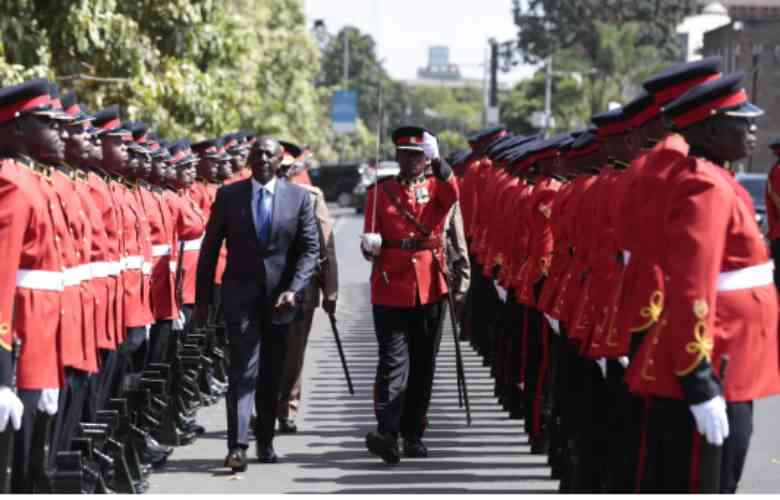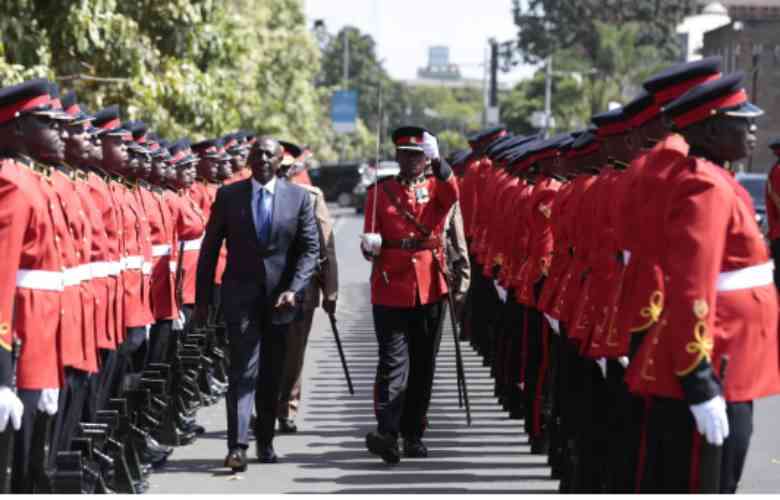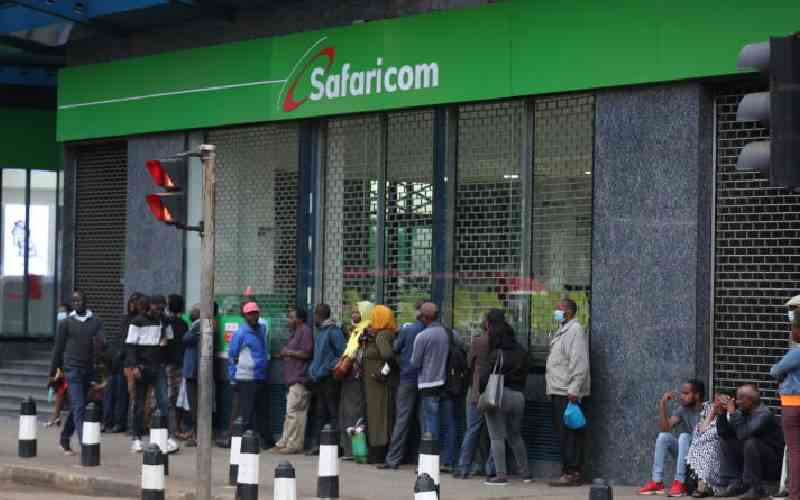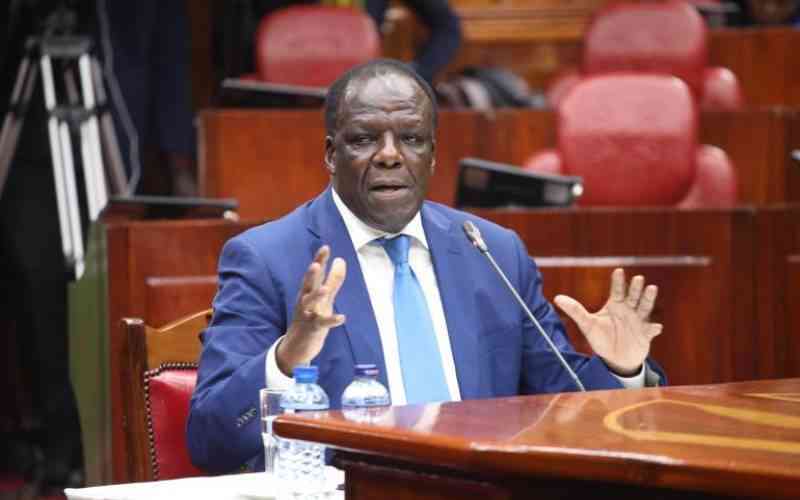
President William Ruto says Kenya has climbed from the brink of economic collapse in 2022 to become Africa’s sixth-largest economy, with a gross domestic product of $136 billion, up from $115 billion three years ago.
Speaking during the State of the Nation address at Parliament on Thursday, November 20, Ruto said the country’s recovery reflects fiscal discipline, strategic reforms, and renewed investor confidence.
“At a time like this in 2022, Kenya was in distress. Inflation had soared to almost double digits. A fuel shortage threatened to paralyse our economy. The shilling was in free fall. Foreign reserves had hit historic lows. Debt service consumed more than half of all revenues,” said Ruto, noting that international analysts warned default was imminent.
Inflation has since fallen to 4.6 per cent, while the shilling has stabilised at KSh 129 to the dollar for nearly two years. Foreign reserves have surpassed $12 billion, the highest level in Kenya’s history, providing a cushion for the economy against external shocks.
Ruto said Kenya’s sovereign credit rating has been upgraded by Standard & Poor’s from “B-” to “B,” marking the first upward revision in years.
“This lowers our risk profile, attracts more investment, and reduces borrowing costs for both government and private sector,” he explained.
Foreign direct investment has more than tripled to $1.5 billion, and over 300,000 new businesses, including 500 foreign firms, have registered in the past three years.
The Nairobi Securities Exchange has recorded its strongest performance in over a decade, with investor wealth growing by more than Sh1 trillion since January.
Ruto also highlighted support for micro, small, and medium enterprises (MSMEs), which he described as “the backbone of our economy.”
The Hustler Fund, the largest financial inclusion programme since independence, has extended more than Sh 80 billion to millions of Kenyans, enabling 800,000 entrepreneurs to access loans up to Sh 150,000 without collateral.
Digital transformation has further accelerated economic renewal. Fibre coverage has expanded by 24,000 km, public Wi-Fi hotspots have grown from zero in 2022 to nearly 1,500, and 300 digital innovation hubs are operational, with 400 more planned.
E-government services on eCitizen have surged from fewer than 400 to 22,500, enhancing access and efficiency.
Nearly 2 million young people have received digital skills training, and 300,000 now earn livelihoods online through initiatives such as Ajira and Jitume, Ruto said.
“Our economy is strengthening, our prospects are brightening, and confidence in Kenya is rising,” said Ruto, adding that critics’ pessimism does not reflect the facts on the ground.
Stay informed. Subscribe to our newsletter



